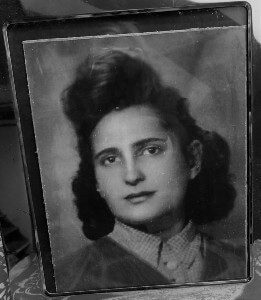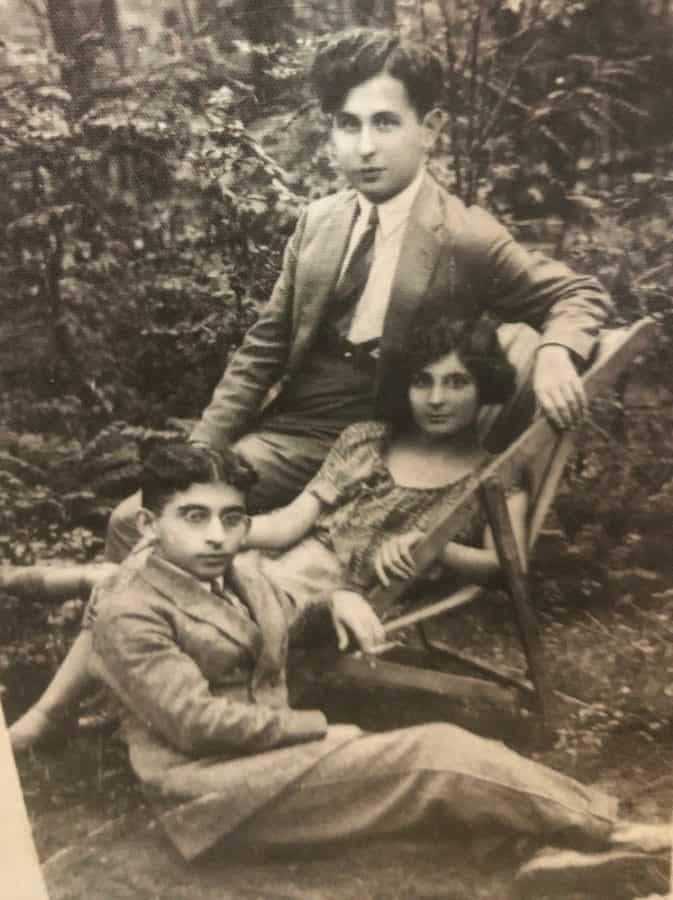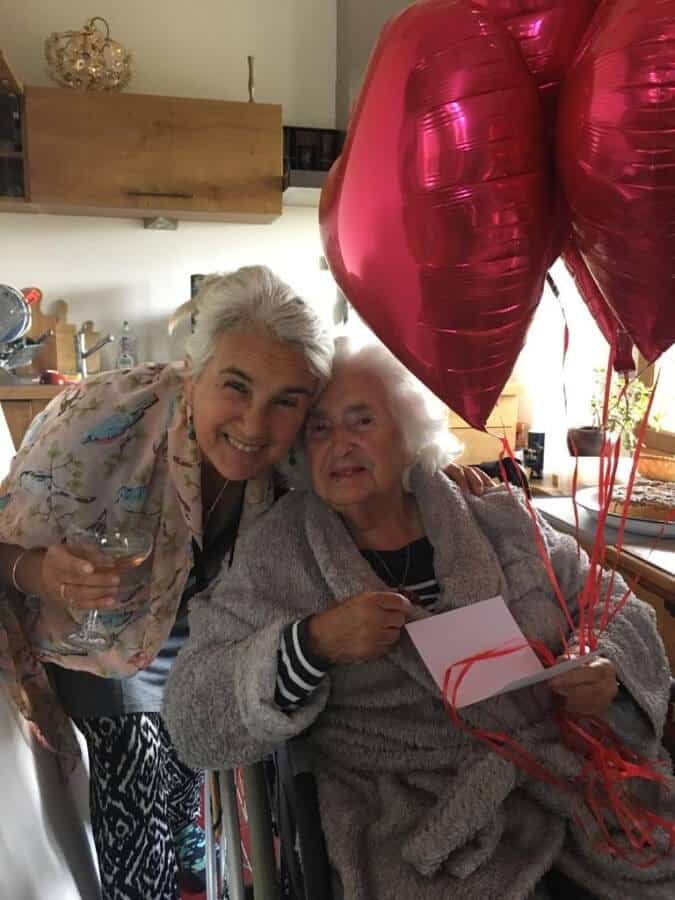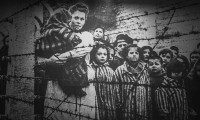1. Miracle: Silent tears are not speechless is a short, but compelling message in which God’s living embers of grace and hope are so clearly manifest – even to this day. It is written by a very good friend, Dr Eliza Kaczynska-Nay. This personal statement is a powerful confirmation of the existence of miracles, and is a much needed consolation in a world so traumatized by the havoc wrought by Covid-19; reducing for example, two of the world’s greatest civilized nations, into a people of snarlers and growlers. I myself, having travelled long as a penniless refugee in England, I am pained by these developments. I fear for the future. For it is extremely unsettling to see both the United Kingdom of Great Britain and the United States of America taking on a character of the sea when it boils as a pot, seething and tossing to and fro.
2. It is therefore in the midst of the pith and marrow of the seeming darkening gloom spreading abroad in these two great nations that, The Kamugasa Challenge is delighted to bring you this short statement of hope, in honour of Eliza’s mother, Mrs Hanna Kaczynska, a Holocaust survivor, who recently celebrated her 100th Birthday on 28th September 2020. Here is Dr Kaczynska-Nay in her own words:

Mrs Hanna Kaczynska -circa 1947.
3. “Hitler must be turning in his grave with rage – my Holocaust survivor mother celebrated her 100th anniversary yesterday – surrounded by her three children, five grandchildren, and two great-grandchildren. Where did he go wrong? My mother’s answer to that has always been ‘a miracle.’ So dear reader, whether you believe in god(s) or not, you’d better believe in miracles…
4. For how else can you explain her escape from the ghetto:
-
-
Having bribed three policemen (Polish, Jewish and German) each one of whom could have very easily just shot her in the back having taken the money; and,
-
having then survived a few young (probably aged 12 years old or thereabouts) but already extremely streetwise Polish hooligans who were waiting for Jews like her, sniffing them out within seconds of their escaping the ghetto, and usually robbing them blind before turning them over to the Germans anyway.
-
But not in her case – she just walked away, indeed robbed of her few precious possessions and shaken but free, and managed to get to pre-war Catholic Polish friends of her parents just before the curfew, who (blessed be their souls) took her in without hesitation despite having two young daughters of their own, and running the risk of being all shot on the spot by the Germans if discovered harbouring a Jew. My mother has always said, often in response to criticisms of Poles and people of other nationalities under German occupation who did not shelter Jews, that she doubts she would have had the courage and integrity to behave that way herself, she would have been too afraid. For very few of us are heroes. Or are without sin. Moreover, as a famous fellow Jew, whom the Christians worship as The Lord Jesus Christ, is on record to have said: “Let him who is without sin cast the first stone.’ See The Gospel According John, Chapter 8: 3-11.
5. What else than also a miracle can explain my father’s and her father’s escape from the ghetto shortly before her, followed by the escape of her then 1 year old son (my brother) carried out by a Polish woman who worked in the ghetto, pretending he was her baby, who then passed him on to my father waiting on the Aryan side? Or the fact that the nuns at the orphanage where my father took his son – a dark skinned and dark eyed boy looking far more as a traditional Jew than a traditional blond and blue-eyed Catholic boy – either believed or pretended to believe my father’s story about him being his illegitimate child whom neither he nor the mother could take care of?
6. Was it also not a miracle that the family was reunited a few months later (with my brother half his previous size and having lost his ability to smile for a while), found a flat on the Aryan side, lived there safely for the rest of the war until the Warsaw uprising in the summer of 1944, with my father having obtained false papers, and then a job buying and reselling food/beer, thus having enough to feed his family; and were never found out and betrayed by any of yet many anti-Semitic neighbours (some of whom had celebrated for example the burning of the ghetto after its uprising by expressing their delight at the ‘Jewish vermin’ going up in flames, with my mother silently standing next to them with death in her soul)? Nor discovered by the Gestapo, even when a Jewish cousin of my mother also hiding on the Aryan side who regularly came to visit and was known to the (rather anti-Semitic) concierge was stopped by them in the courtyard of the building where their flat was and asked to drop his trousers – was it not a miracle that made them not notice his circumcised and hence without any doubt Jewish penis?

Eliza’s grandmother, Mania Przędza, relaxing with her two brothers Josef and Heniek in happier times. They were between 18 and 20 years old – Mania being the eldest. This was just before Mania got married at 20.
7. What was not a miracle is that the day after my mother’s escape from the ghetto, her beloved mother and younger brother were taken to Treblinka concentration camp where they both perished: she still cries whenever she mentions this, nearly 80 years later. But what is one non – miracle against so many miracles?
8. There is also another – later story, of course: the hard years after the war, surviving in communist Poland while raising a family with the addition of first my sister and then me, the tough political asylum after yet another official anti-Semitic campaign in 1968 when maybe 20,000 Polish Jews (including the loyal ones, who did not want to leave, like my father, a fierce Polish patriot) left Poland under duress, most never to return again and leaving Poland pretty much ‘Jewless’ (not that you would know it by listening to some surviving anti-Semites; thankfully these seem to have receded into the background with events such as the heartfelt celebration of the very long Polish Jewish history – 1000 years at least by some accounts – by many mainly young Catholic Poles since communism fell in 1989; or millions of young Poles travelling to and working in ‘the West’ since then and becoming more tolerant and open).
9. But let this other story not detract us from the joyous miracle story of my mother: not on a day, when it is no longer possible to sing her ‘Sto lat, sto lat, niech zyje zyje nam’ (‘Hundred years, hundred years, let her live, let her live’ in Polish), because she has reached hundred years (and Hitler, curse his soul, must be turning in his grave with rage).

Eliza and her mother, Mrs Hanna Kaczynska, celebrating her 100th Birthday, on 28 September 2020.
10. Let us tell her instead: ‘Yom hu’ledet sameach (‘Happy Birthday’ in Hebrew) Mother. May the gods always stay with you’. Amen.”
Update:
Mrs Hanna Kaczynska passed away on January 13, 2023. She was 102 years old.

